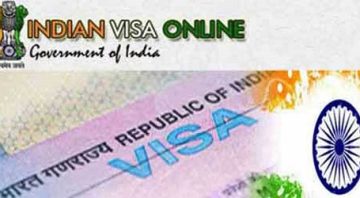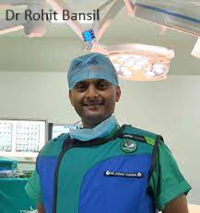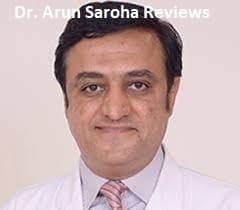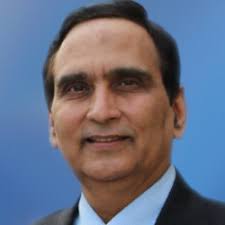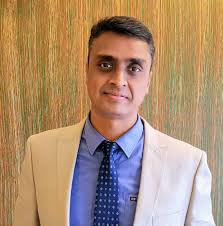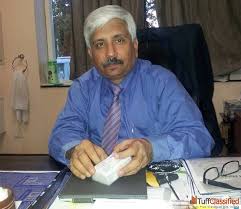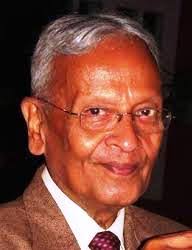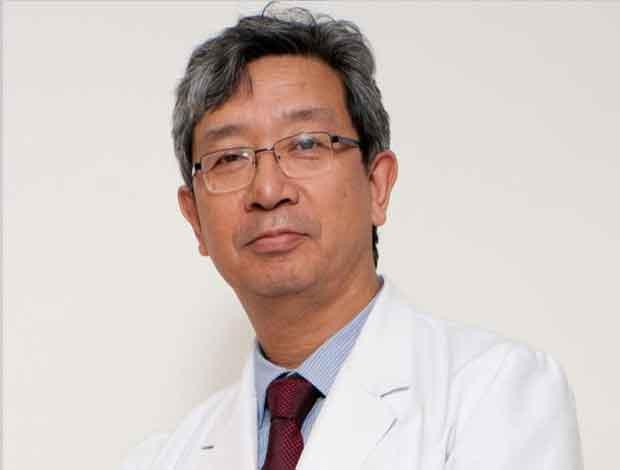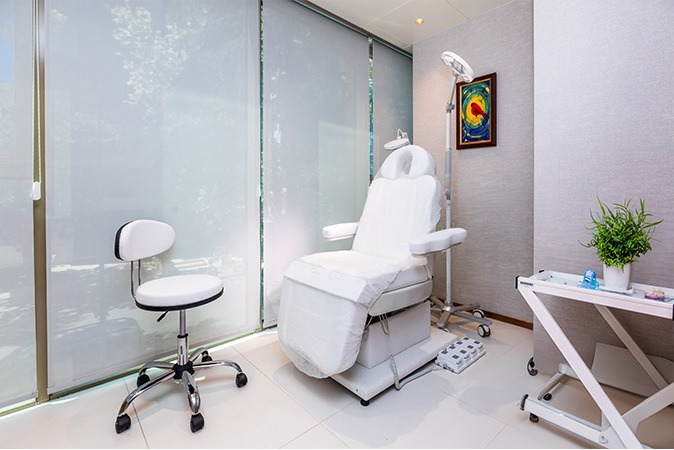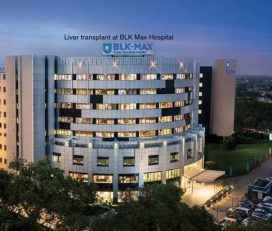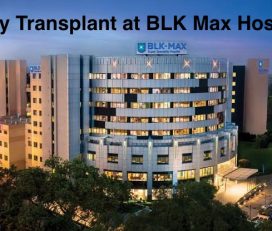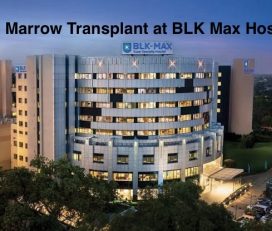Frequently Asked Questions
- What is the average cost of deep brain stimulation in Delhi?
The cost of deep brain stimulation in Delhi can be around Rs. 11 lakhs to Rs. 18 lakhs. It mostly depends on the experience of the surgeon, your location, the facility, your age, lab tests, and the doctor’s charges.
2. Is it worth getting DBS surgery for Parkinson’s?
A DBS surgery results in a significant reduction in the symptoms of Parkinson’s. Your reliance on medications will not be as much as before. You will be able to do things like sitting, walking, and standing by yourself. However, don’t look at DBS as a cure.
3. What is the right age to undergo DBS surgery?
You can undergo DBS surgery at any age. However, patients who are younger can tolerate this procedure better. They have more likelihood of experiencing better results.
4. Are there any alternatives to DBS surgery?
An alternative to DBS is focused ultrasound. It is similar to DBS. In this process, surgeons use focused ultrasound beams to destroy those cells in the brain that lead to movement issues. However, this surgery is approved to treat only a single side of the brain and not both.
5. Is deep brain stimulation painful?
No, you will not experience much pain after the DBS surgery. There will only be some post-surgical pain, which you can treat using a pain reliever.
6. What is the recovery period after DBS surgery?
There is a two-week recovery period after DBS surgery. It is best to take time off for around 6 weeks after this surgery so you can adjust to the new programming settings.
